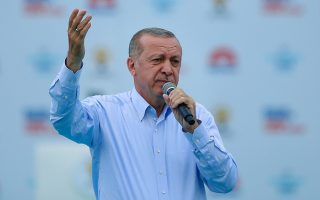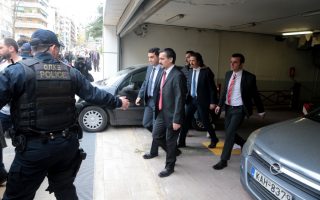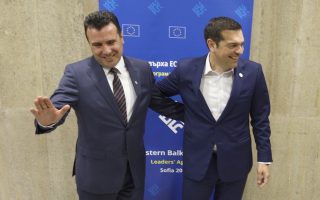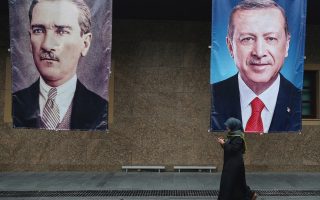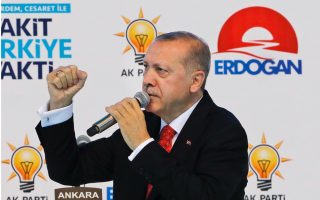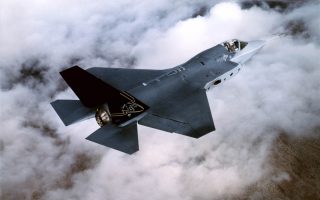Elections in Turkey: More difficult this time?
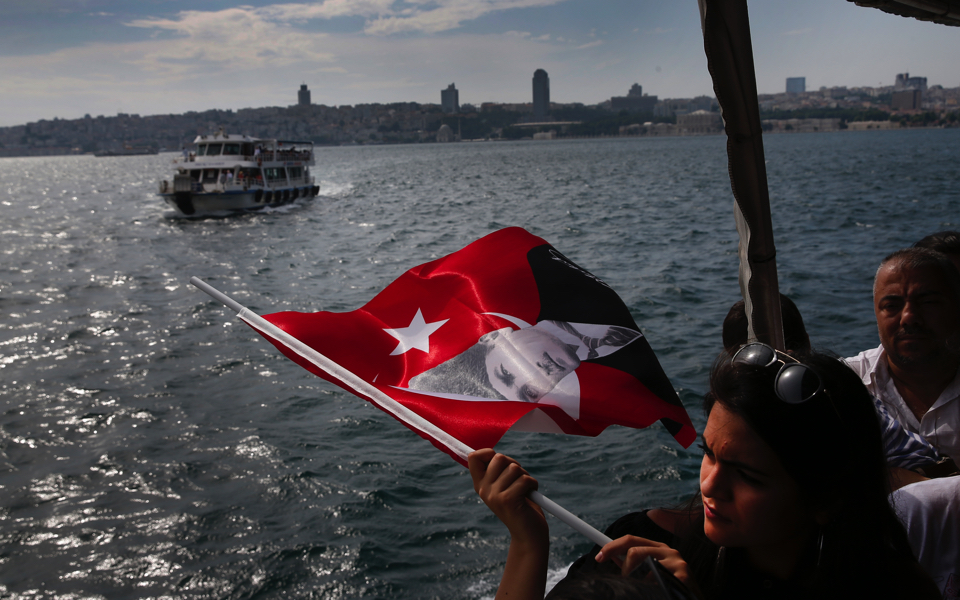
All or nothing. That’s the spirit in which the main candidates and political forces will compete in Sunday's Turkish elections. This feeling will only grow if two weeks later on July 8 a second round is needed to elect the president. In mid-April, Erdogan decided to embark on a public relations exercise by announcing early elections. He sought to surprise the opposition, take advantage of the electoral gains from the military success in northern Syria and go to the ballot boxes before the economic situation deteriorated. What neither Erdogan nor his advisers imagined was that his rivals would be agile enough to assemble coalitions in such a short time, or that the economic prospects would worsen so much in a matter of weeks.
Why are they so important? After the election of the new parliament and president of the republic, the hyper-presidentialist system approved following the controversial referendum of April 16, 2017 will begin to be implemented. One of the main criticisms of those advocating the “no” vote was that it configures a system without counterweights that grants super-powers to the president. That has turned the 2018 election into a kind of super-election. What is more, Turkey finds itself in a geopolitical moment of great intensity: It has reconciled with Russia but from an asymmetric position; its relations with the United States are a minefield; it is embroiled in military operations in northern Syria and Iraq; it has taken sides in the rivalries that stretch across the Middle East; and relations with the European Union are at one of their lowest points. The new president will need to position himself.
Could Erdogan lose? Judging by the nervousness in the circles close to the current president and the opposition’s enthusiasm, neither of the two sides believes the result to be a foregone conclusion. The polls put both the AKP and Erdogan a long way ahead of their rivals, but this advantage may not be enough to ensure either an absolute majority in parliament or election as president in the first round. Both the 2017 referendum result and the polls show a Turkey that is split into two in which Erdogan is losing support, especially among the young and in urban areas. What is certainly true is that in contrast to the dynamism of Muharrem Ince, the candidate for the main opposition party, Erdogan has seemed to have less energy in this campaign. Days of great nervousness are approaching, especially if there is eventually a second round of the presidential elections.
Will the election be free and fair? The director of the German Marshall Fund’s office in Ankara, Ozgur Unluhisarcikli, described the nature of these elections perfectly: They are unfair but also real and competitive. The strongest proof that they are real is the mobilization of the opposition and the attention it is grabbing both within Turkey and abroad. Yet no fair-minded observer could argue that the candidates face the challenge in equality of conditions. For example, Selahattin Demirtas, one of the candidates for the presidential elections, is in preventive detention. The state apparatus, starting with the radio and television, is not neutral, but neither is the private media. The media boycott of the right-wing candidate Meral Aksener illustrates this perfectly. On the fairness of the electoral process, great attention will have to be paid to the reports made by the OSCE mission and civil society actors such as the platform Oy ve Otesi. The role of the parties’ observers will also be key and on this occasion those of the opposition are particularly mobilized. The hot spot will be the Kurdish majority areas, as one of the best pieces of news for the AKP would be for the pro-Kurdish HDP party to fall below 10 percent and therefore not participate in the distribution of seats. That is undoubtedly one of the opposition’s Achilles’ heels.
What about Europe? During the electoral pre-campaign, everything linked to the European Union was relegated to a secondary and even nonexistent issue. However, the Austrian government’s decision to close seven mosques and repatriate over 40 imams, many of whom are linked to the Turkish Directorate of Religious Affairs, showed that this could easily change. Erdogan already exploited feelings of grievance as far back as the 2017 referendum, when the diplomatic crisis broke out with the Netherlands and Germany. That he would do so again should come as no surprise to European leaders who have done the same when given the chance. Another delicate matter concerns relations with Greece. Just a few days from the elections, Ankara has suspended the readmission deal and vigorously protested against Athens’s refusal to extradite various officers accused of participating in the failed coup d’etat.
As election day grows closer, the EU and its member-states should know that anything they do or say is liable to be used not only against them but also to discredit the other candidates. Logically, prudence should reign in this period. But the calendar is playing dirty tricks. Just after the first vote, on June 25, the EU Foreign Affairs Council meets, with the European Council following on June 28 and 29. How far will they go in their assessment of the Turkish elections? That will greatly depend on whether there is a second round of presidential elections or not.
These elections are neither simple nor ordinary. Erdogan goes into them with fewer certainties that when he called them and dealing with the results, whatever they are, will raise tensions and unease within a polarized society as well as among Turkey’s international partners. A great deal is at stake. The importance of these elections is being measured more in terms of potential losses than gains. Everyone is scared. The opposition fears being completely cornered, while Erdogan fears losing everything he has accumulated over 15 years in power. And above all both fear reprisals against whoever loses. Beneath the world’s watchful eye, the government and opposition are preparing for what they believe could be their last great battle.
Eduard Soler i Lecha is senior researcher at the Barcelona Center for International Affairs (CIDOB) think tank and member of FEUTURE, a research project on EU-Turkey relations.
